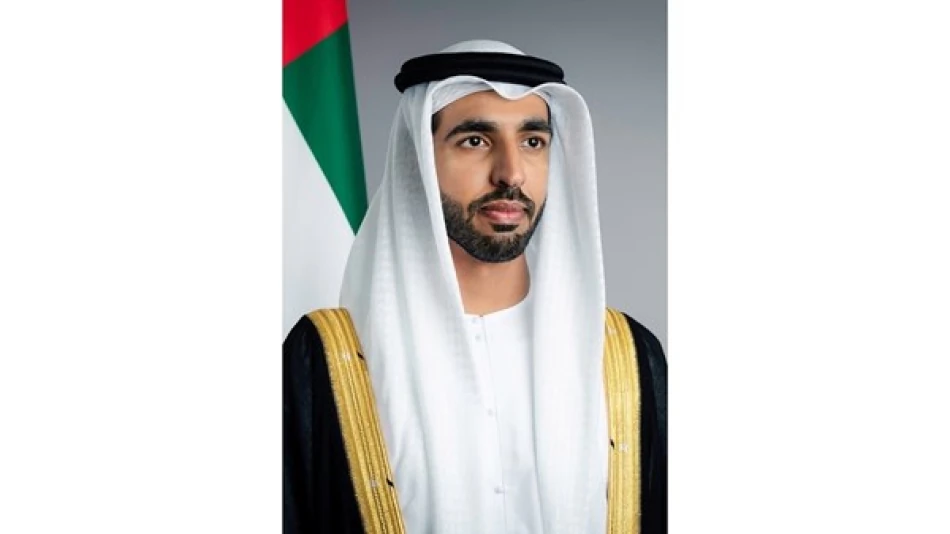
UAE Welcomes Congo-Congo River Alliance Declaration, Praises Qatari Mediation Efforts
UAE Backs Congo Peace Deal as Gulf States Expand African Diplomatic Influence
The United Arab Emirates has welcomed a breakthrough peace agreement between the Democratic Republic of Congo and the M23 rebel movement, signed in Qatar's capital Doha. The diplomatic endorsement signals the Gulf states' growing role as mediators in African conflicts, positioning themselves as alternatives to traditional Western and regional power brokers in one of the world's most resource-rich yet unstable regions.
Qatar's Mediation Success Highlights Gulf Diplomatic Strategy
Sheikh Shakhbout bin Nahyan Al Nahyan, UAE Minister of State, praised Qatar's facilitation efforts in bringing the warring parties to the negotiating table. The agreement represents a pivotal moment for national reconciliation in eastern Congo, a region that has endured decades of armed conflict despite containing vast mineral wealth essential for global technology supply chains.
Qatar's successful mediation adds to its growing portfolio of international diplomatic interventions, following its role in facilitating dialogue in Afghanistan, Gaza, and various African disputes. This approach mirrors the broader Gulf strategy of leveraging energy wealth to build soft power influence across emerging markets.
Strategic Implications for Regional Stability
Economic Stakes in Congo's Mineral Wealth
The Democratic Republic of Congo holds approximately 70% of the world's cobalt reserves and significant deposits of copper, lithium, and rare earth elements crucial for electric vehicle batteries and renewable energy infrastructure. Continued instability in eastern Congo has disrupted global supply chains and inflated commodity prices, making peace efforts economically significant beyond regional boundaries.
Gulf States vs. Traditional Powers
The UAE's endorsement of Qatar-mediated talks represents a shift from historical reliance on European Union, United Nations, or regional African Union mediation efforts. Gulf states bring financial resources without the colonial baggage of European powers or the bureaucratic constraints of multilateral organizations, making them attractive partners for African governments seeking rapid development financing.
Market and Investment Implications
Successful implementation of the peace agreement could unlock significant investment opportunities in Congo's mining sector, potentially stabilizing global commodity markets for critical minerals. International mining companies and technology manufacturers have long viewed eastern Congo as a high-risk, high-reward investment destination where security concerns have limited operational capacity.
The Gulf states' diplomatic involvement often precedes substantial infrastructure and development investments, as seen in their expanding presence across sub-Saharan Africa through sovereign wealth funds and state-backed development initiatives.
Challenges Ahead for Sustainable Peace
Previous peace agreements in eastern Congo have frequently collapsed due to weak implementation mechanisms and continued competition over mineral resources. The M23 movement has signed multiple ceasefires since its formation in 2012, yet periodic violence has continued to displace hundreds of thousands of civilians.
The UAE's commitment to supporting "regional and international efforts aimed at settling disputes through peaceful means" will likely be tested by the practical challenges of disarming rebel groups, integrating fighters into national forces, and establishing effective governance in remote mining areas where state authority remains limited.
Success in Congo could establish Gulf states as credible alternatives to Western diplomatic leadership in Africa, while failure might expose the limitations of checkbook diplomacy in addressing complex ethnic and resource-driven conflicts.
Most Viewed News

 Layla Al Mansoori
Layla Al Mansoori






